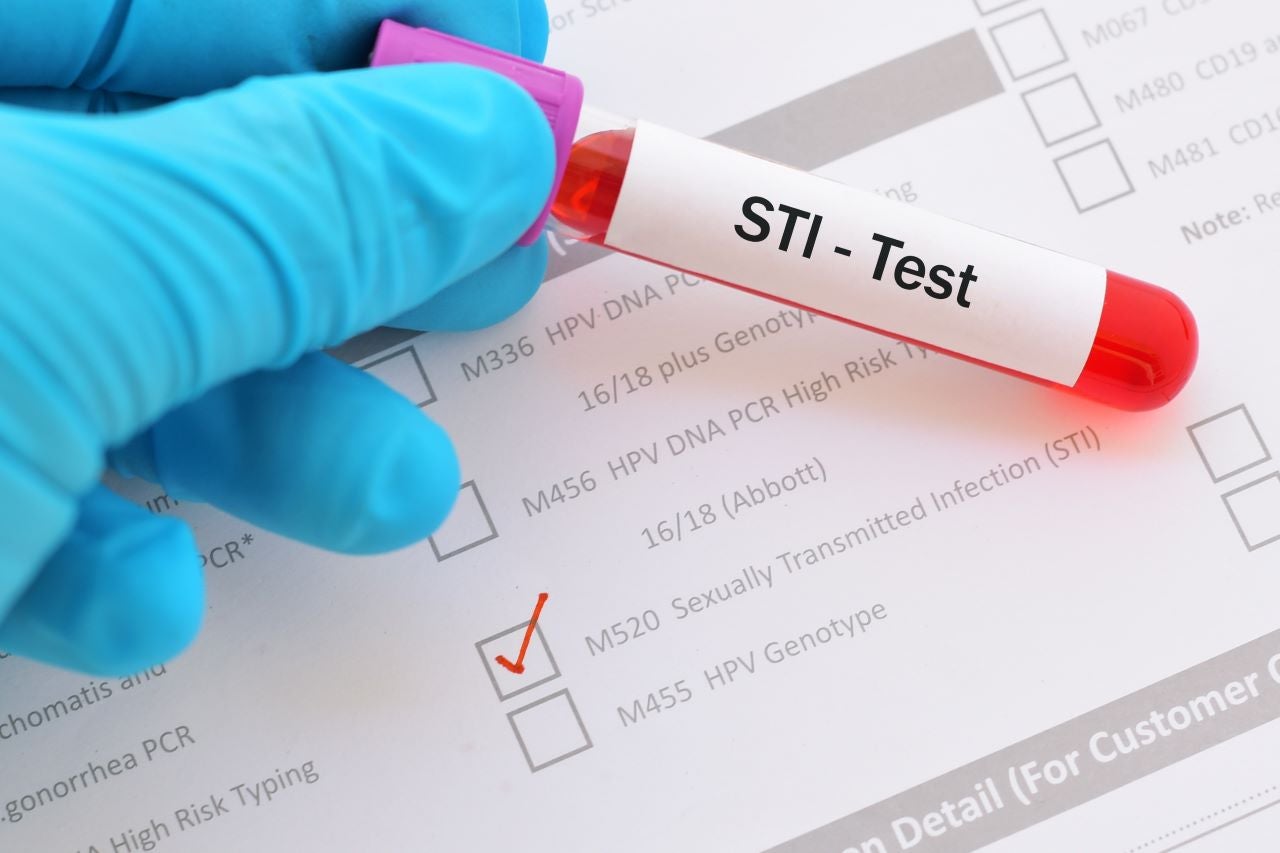During 2020 and 2021, the UK Health Security Agency reported that diagnoses of sexually transmitted infections (STIs) decreased significantly, which was largely assumed to be attributed to reduced casual sex, and changes to service provision during the Covid-19 pandemic. However, the 2022 report on sexually transmitted infections in the UK, published on 6 June 2023, states that the number of gonorrhoea diagnoses in 2022 was the largest annual number reported since records began, surpassing pre-pandemic levels, with a 50% increase in diagnoses in the past year.
Gonorrhea is the second most common STI in the UK, behind chlamydia. The infection is caused by the bacterium Neisseria gonorrhoeae, which is passed between people through unprotected vaginal, oral, or anal sex. The infection can also be passed from a pregnant woman to her offspring. The symptoms of gonorrhoea include green or yellow discharge from the penis or vagina, pain when urinating, and, in women, bleeding in between menstruation. However, 10% of men and approximately 50% of women are asymptomatic, meaning that there may be a large proportion of people with gonorrhoea who may not be aware of their disease status if they do not take part in regular precautionary testing. It is important that gonorrhoea is diagnosed promptly after infection, as if left untreated it can develop into more serious long-term health problems (such as pelvic inflammatory disease [PID] in women, or infertility).
According to the 2022 STI report, published by the UK Health Security Agency, there was a 13.4% increase in sexual health screening tests (SHTs) from 2021 to 2022, with a 23.8% increase in the number of new diagnoses. There were 82,592 diagnosed incident cases of gonorrhoea reported in 2022, which is a 50.3% increase from 54,961 cases in 2021. This increase likely reflects an increase in more targeted STI testing and increased STI transmission within populations practising unsafe sex. Although gonorrhoea infections are increasing in all ages, the diagnosis rates are highest among young people aged 15–24 years due to higher rates of partner change and casual sex. The number of gonorrhoea diagnoses also differ by ethnicity, with the highest number of diagnoses reported in black Caribbean people, and the lowest reported among Asian people.
To prevent the exponential increase in gonorrhoea infections, campaigns should be launched targeting those who are most vulnerable to infection. Campaigns should focus on emphasising the importance of using condoms consistently and correctly, while also engaging in regular sexual health screening when having casual sex or changing sexual partners.
GlobalData epidemiologists initially forecast that the diagnosed incident cases of gonorrhoea in the UK would increase from 59,000 cases in 2023, to 59,900 cases in 2027. However, the evidence from the UK Health Security Agency suggests that the number of cases in 2023 will be significantly higher because of the suspected increase in unprotected sex and the upscale in testing. If interventions are not in place to control the transmission of gonorrhoea throughout the UK, GlobalData epidemiologists anticipate that the diagnosed, and total incident cases will surpass current forecast estimates for 2027.

US Tariffs are shifting - will you react or anticipate?
Don’t let policy changes catch you off guard. Stay proactive with real-time data and expert analysis.
By GlobalData





